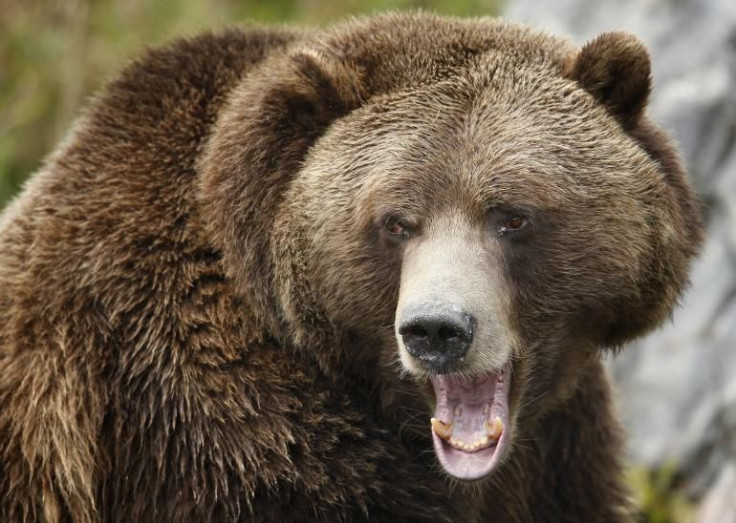Researchers Turn To Bears To Understand Obesity: Studying Grizzlies Could Help Identify New Treatments For Growing Problem

Although obesity statistics have somewhat leveled off in recent years, the global burden of this epidemic continues to rear its ugly head at adults and children. Scientists at the U.S. drug maker Amgen Inc. are experimenting with an unorthodox new study method that implores the help of an animal with one of nature’s biggest appetites: the grizzly bear. After watching Yogi Bear on TV, Dr. Kevin Corbit decided to uncover how the chubby cartoon character stayed healthy while gorging on food in preparation for hibernation.
The Washington State University Bear Center was established 27 years ago and served as one of the world’s only research facilities where grizzly bears can be thoroughly examined. Bears are either born at the university or taken from national parks where they were in danger of being euthanized due to close contact with humans. A research team headed up by Dr. Corbit is in the middle of two-year study in which they are drawing blood, running biopsies for fat deposit, and monitoring the heart of 12 grizzly bears.
Dr. Corbit and his colleagues were particularly interested in how a grizzly bear’s cholesterol and blood pressure spikes after they take in upward of 100 lbs. of fruit, nuts, and salmon, yet somehow remain healthy. Not only do grizzly bears lose this weight rapidly after hibernation, but they are also unaffected by the health conditions most obese humans experience such as a heart attack, stroke, or diabetes.
Findings revealed that each bear was able to adjust their hormone insulin sensitivity, which controls the amount of fat and sugars that are broken down and stored away for energy during hibernation. Grizzly bears experience high insulin sensitivity while preparing for hibernation; however, a few weeks into hibernation they completely shut off their insulin sensitivity. Dr. Corbit told The Wall Street Journal that sequencing the bear’s genome “would really accelerate the discovery research for bears.”
According to the World Health Organization (WHO), obesity on a worldwide scale has doubled since 1980. Over 200 million men and 300 million women over the age of 20 were considered obese in 2008. Around 2.8 million adults die each year as the result of an obesity-related condition, making it the fifth leading cause of death around the world. Forty-four percent of obese people also develop diabetes, 23 percent suffer from heart disease, and between seven percent and 41 percent are affected by a certain type of cancer.



























